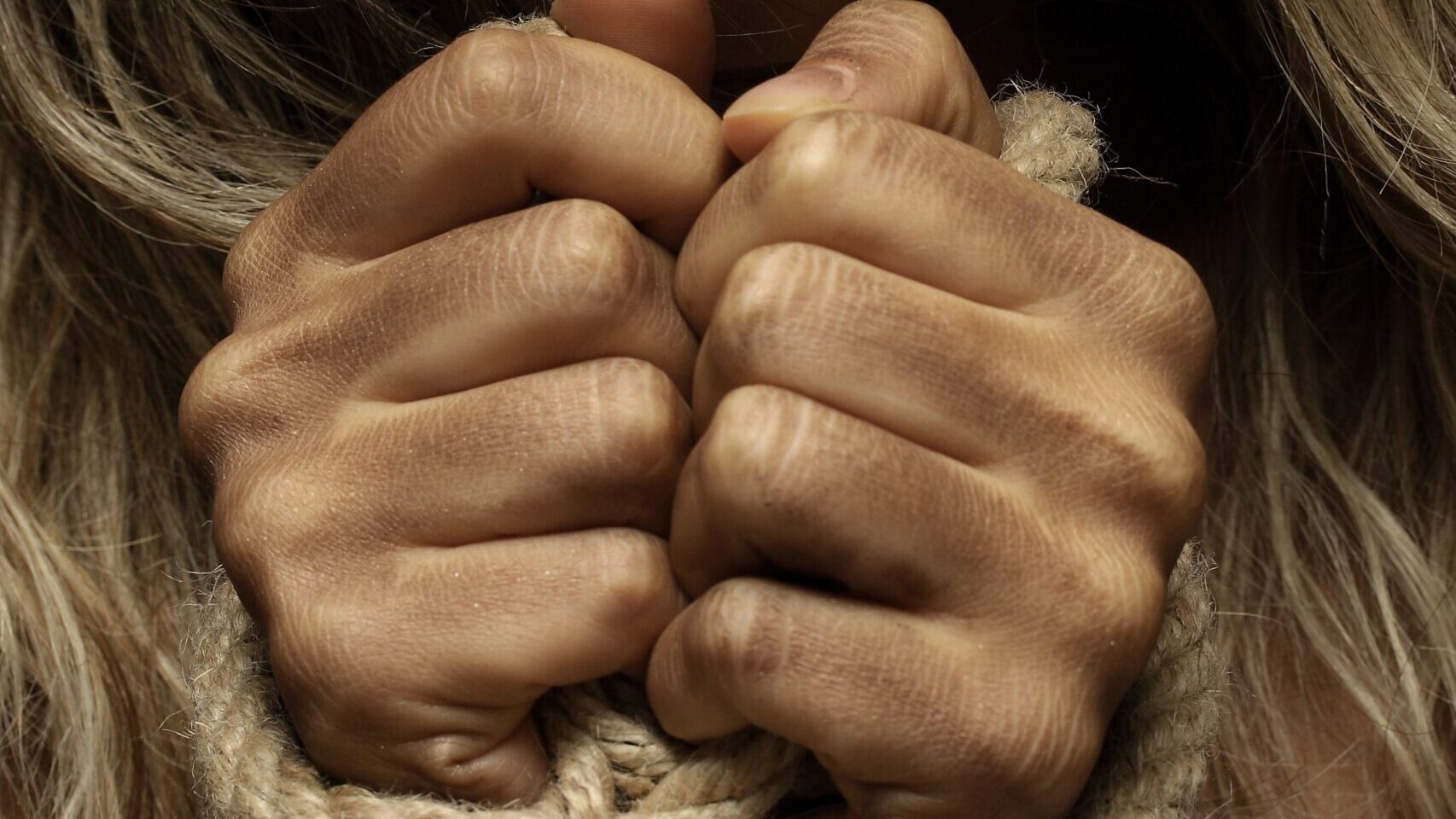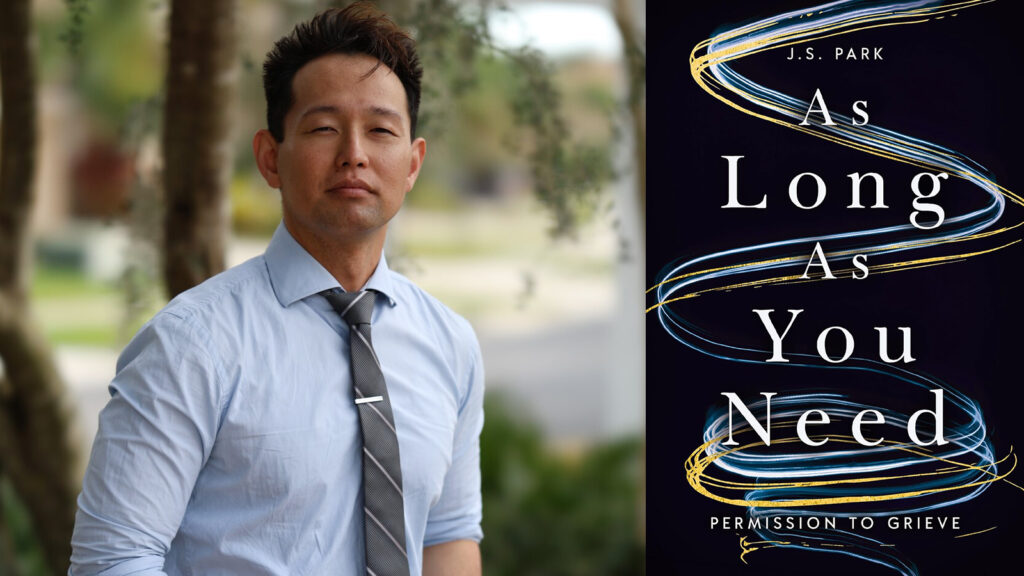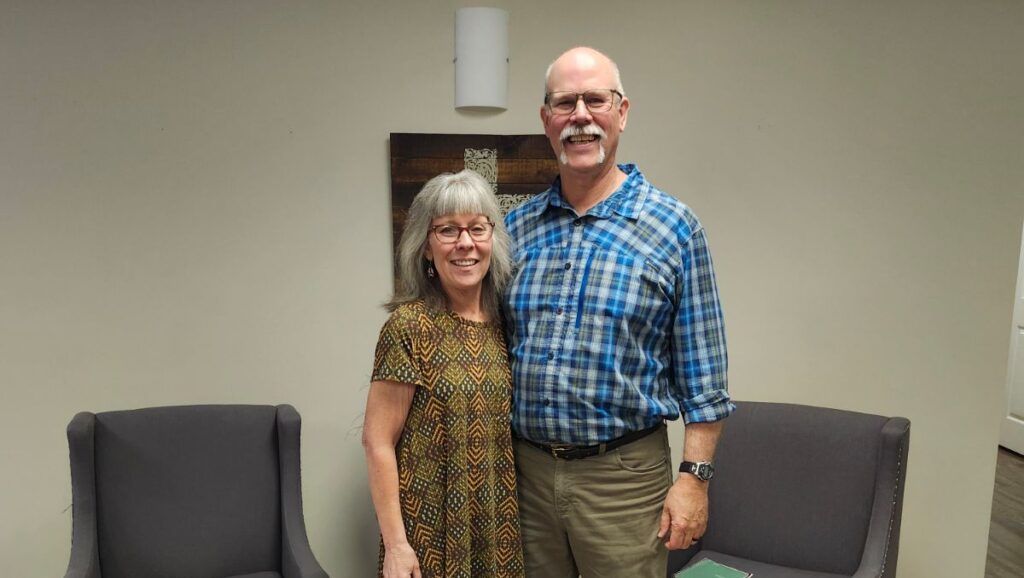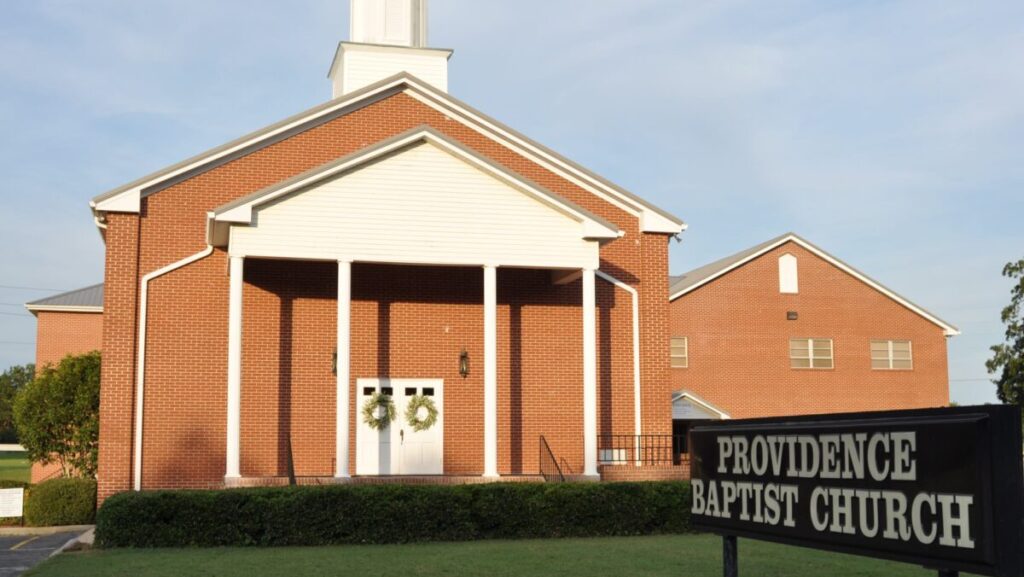Awareness about human trafficking has increased over the last few years through movies such as “Sound of Freedom” and “Don’t Say My Name.”
This problem is still “one of the most heinous crimes on earth,” according to the 2019 Trafficking in Persons Report. The war continues, with government, community and faith-based organizations laying the groundwork to equip and rescue.
END IT Alabama will be hosting the “Alabama Human Trafficking Summit” on Jan. 25 and 26 in Montgomery. Presenters include the WellHouse and Trafficking Hope.
Though awareness of the issue has been increasing in churches, some still feel that “this is not a topic that we want to discuss; it’s not a pleasant topic,” said Doug Gilmer, law enforcement officer and ordained minister, during a podcast interview with Jennifer Davis Rash for TAB Media Group.
Not learning about the topic can lead to misconceptions, such as the thought that it involves transporting a person across state or national borders.
Churches aren’t immune
According to humantraffickinghotline.org, “Human trafficking is often confused with human smuggling, which involves illegal border crossings. In fact, the crime of human trafficking does not require any movement whatsoever. Survivors can be recruited and trafficked in their own hometowns, even their own homes.”
And churches aren’t immune to either side of human trafficking.
“Throughout my 30-plus years of law enforcement at the state and local level and now the federal level, we’re routinely arresting church members who are facilitating human trafficking by paying for commercial sex,” Gilmer said.
“We’re recovering or rescuing victims of human trafficking — young girls and young women who’ve been exploited through this crime who have grown up in church and whose parents are members of the church,” he continued. “They’re being sucked into a lifestyle through online grooming, and they’re falling prey to this crime.”
He said one of the best ways to combat this is through education.
Thankfully, there are some faith-based organizations in Alabama that do this.
The WellHouse
Katie received healing in one — the WellHouse. This is her story:
Katie grew up just north of Birmingham. She grew up in a loving, two-parent home and was raised in church where her dad was a deacon. Though having all she needed, her grandparents went beyond, giving her all she wanted.
As a preteen, she became rebellious but was “still very much involved in [her] youth group at church, where a lot of [her] hurt started.”
She got pregnant at 19 and married the father at 21. She became addicted to pain pills and her husband to alcohol, leading to divorce.
Katie continued to search for a way to fill the void. Broken relationships and drugs led to times of jail and homelessness. She gave up her old beliefs.
Performing sexually to get her way was next.
“I was sexually exploited and trafficked for many years without really realizing what was happening. The chaos of my life became my ‘new normal.’
“Living on the hood of a car, bathing in a restroom at the local Dollar General, I came to the end of myself. I cried out to the Lord and He heard my cry.”
She found healing at the WellHouse through prayer, therapy, trauma recovery groups and staff support. After graduating in May 2023, Katie now has a full-time job and lives independently at their transitional apartments.
“For the first time ever, I rely on no one except the Lord God Almighty, and I allow Him to direct my steps. The WellHouse is ordained by God and gives broken women, like I once was, a chance at new life. I am forever grateful and blessed. I have found restoration from broken relationships, developed amazing and healthy new relationships and most importantly, a personal relationship with my Lord and Savior, Jesus Christ. I was willing and ready. I stand made whole today.”
Rescue organizations
Stories like these are part of every human trafficking rescue. Some of these faith-based organizations in Alabama include:
The WellHouse — Birmingham 800-991-0948 (hotline) 800-991-9937 (office)
-
- Offers Offers immediate, long-term and transitional housing to women and minor girls who have been victims of sex trafficking.
- Provides necessities, holistic healing care, therapeutic programs and services, life skills classes and tools for sustainable independence.
The Little Tree Project — Baldwin County 251-283-2810 (office)
-
- Focuses on prevention, rehabilitation and restoration.
- Currently fundraising to support a local trauma-informed aftercare and prevention program and to build a residential facility.
- Offers referrals for survivors.
Camille Place — Monroeville 251-564-1607 (office)
- Provides homes and services to girls under the age of 18 who were traumatized through sexual exploitation.
Trafficking Hope — Birmingham 888-373-7888 (hotline) 205-215-6111 (office)
-
- Focuses on eradicating sex trafficking.
- Empowers local churches and organizations in their own cities and states.
- Has a holistic approach: C.A.R.E.S. (Coalition, Awareness, Rescue, Education, Services)
Blanket Fort Hope — Birmingham 205-532-3048 (office)
- Loves and cares for child trafficking victims by providing a variety of resources.
- Prevents children from becoming victims through education at all levels.
Compassion International — Colorado Springs, Colorado 800-336-7676 (office)
- Partners with local churches to combat human smuggling, trafficking and poverty.
- Provides legal resources to represent and defend a child’s rights or to help find a missing child.
- Works to restore emotional, physical and spiritual health by providing medical care, counseling and safe shelter.
The Department of Homeland Security provides resources for the faith community.






Share with others: